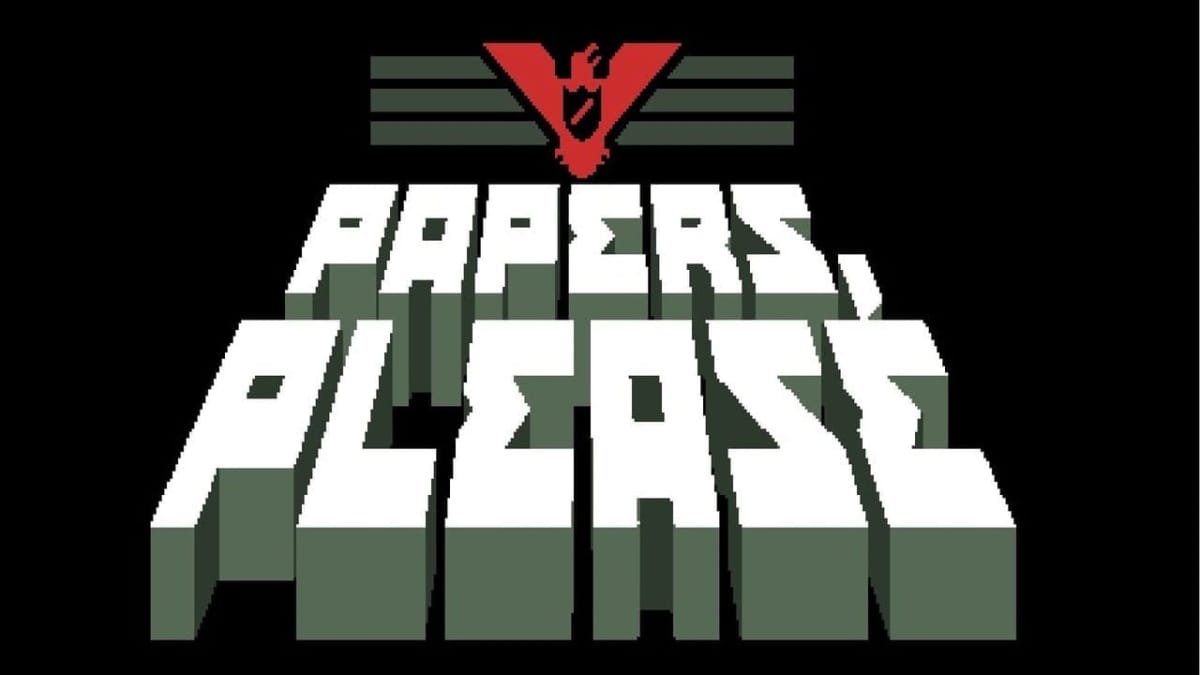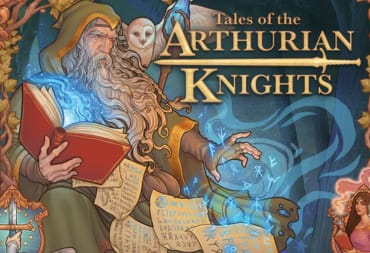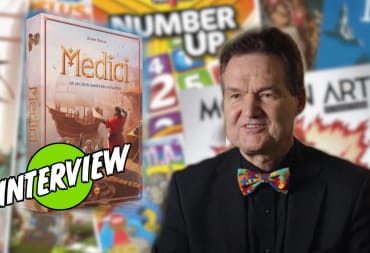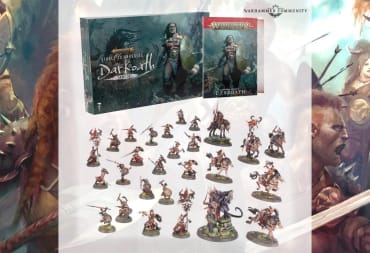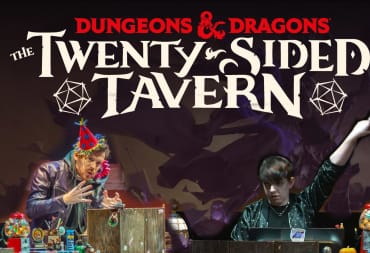Mass Effect. Call of Juarez: Gunslinger. Saints Row. When a game’s title music puts you in just the right mood, you know you’re in for a good time. Then there’s Papers, Please with its iconic, pounding rhythm. You can almost feel an enormous hammer hitting your head in time with the beat. There couldn’t be a more fitting theme song for a bureaucracy simulator.
It’s hard to believe five years have passed since Papers, Please hit Steam. That’s the hook in making a game with a well-defined setting and art style—it is immune to death. It is immune to the comparison of improving hyper-realistic graphics. Papers, Please will never suffer from the irrelevance of its pop-culture references. It is timeless, but is it a timeless classic?
At its core, Papers, Please is a puzzle game … though maybe “discrepancy simulator” would be a better name for it. You look at documents. Does it adhere to the rulebook? Are the accompanying documents in line with the passport? If so, welcome to Arstotzka, here is your complimentary ushanka. No? Welcome to Arstotzka, may you find our gulags as comfortable as those in your home country.
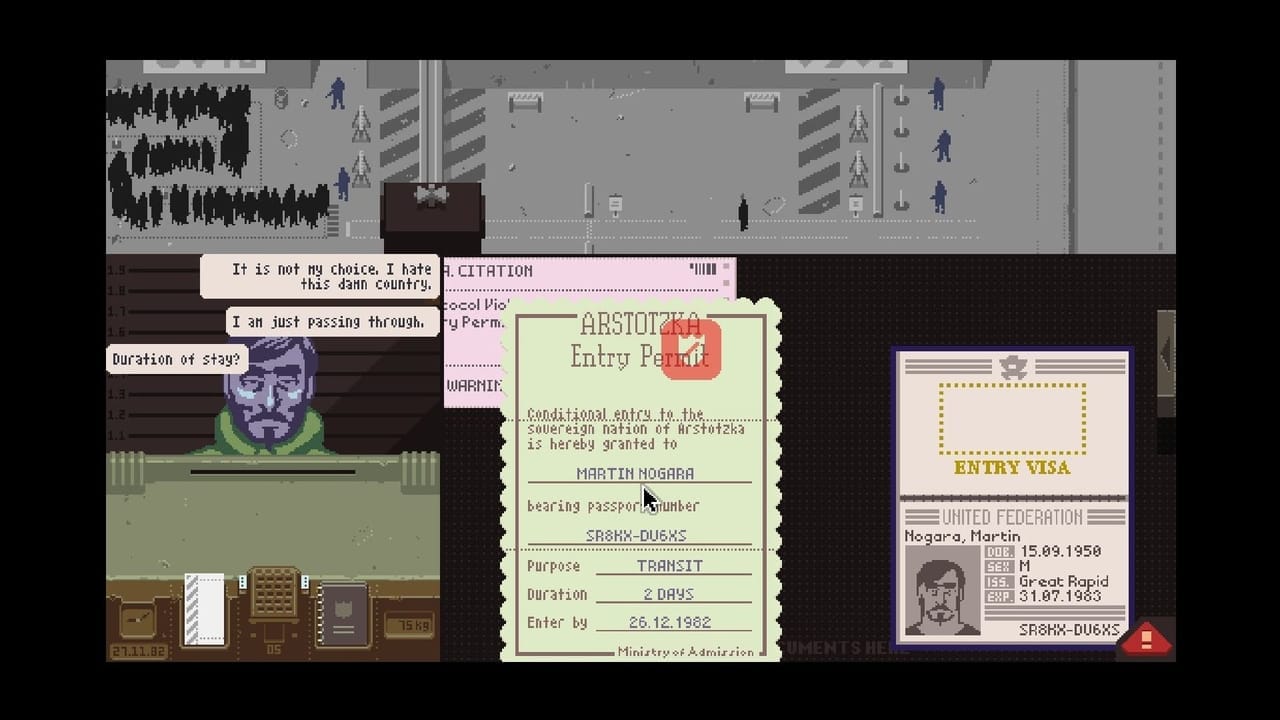
Amid passport checking, there’s also the story going on. Papers, Please is impressive in how it merges its gameplay with narrative. What could be a somewhat tedious puzzle game is transformed into a cold war thriller, complete with family hardship and revolutionary cults.
Weird stuff happens at the border every single day; it’s your job to sort it out. Some of these stories are small and invisible. A woman hasn’t seen her husband in six months, but her passport expired yesterday. You cannot know if she’s telling the truth—she could be a Kolechian spy. Some of these are personal and visual. The guard watching your back is from the same town as you. He asks you let his love through, even though she has no credentials. If you let her through, you’ll see them hug on the other side.
Some of these stories will shape the country’s political landscape. There are clear portrayals of injustice, violence, and corruption throughout the game, but Papers, Please never holds your hand. You're not going to overthrow the government with your tranquilizer gun. You aren’t an action hero. You stamp passports.
These subtle roleplaying elements are key to the engaging narrative of Papers, Please. The Inspector has no predetermined political background. Are you a lawful neutral, Judge Dredd type who executes the law to the letter? That’s fine, almost. The game will only punish you for it once. Are you a revolutionary, sacrificing your income to overthrow the government? That’s fine too. Are you a family man, or will you flee the country at the first opportunity? Will you open the gates for every sob story? Will you detain people with proper paperwork if you learn they’re criminals? It’s one of the best video game roleplaying experiences in recent memory because there’s no pre-written dialogue, the reasoning is your own. The Inspector himself only says “Papers, please” and asks questions about discrepancies. He does not respond in any other way.
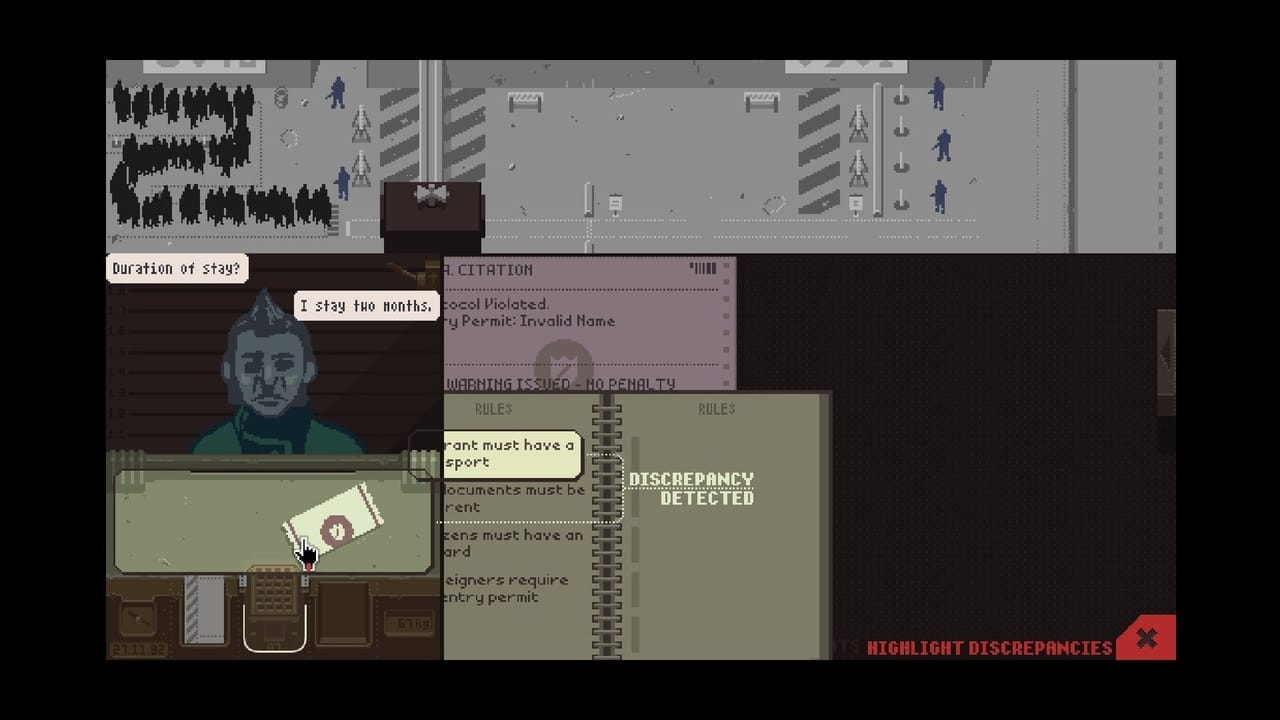
Decisions heavily influence the engagement curve of Papers, Please, but the impact of minor decisions needed more development. You earn five credits per processing and you’re allowed two free mistakes per day. As long as you’re good at identifying discrepancies, you’ll never have to worry about an illegal entry breaking the bank.
This highlights a weakness with the section between working days. You have a family to feed and bills to pay, but they only need heat and food every other day. For that reason, the meta is to only pay heat or food every day, allowing you to collect an enormous savings pool. With this method, it’s easy to achieve over 1000 credits by the end of the game. This factor, combined with a daily leniency for mistakes, eliminates any tension between the Inspector and entrants. Unless you’re roleplaying, there’s no risk in being sympathetic. It’s a design that sounds good on paper, but is easy to work around.
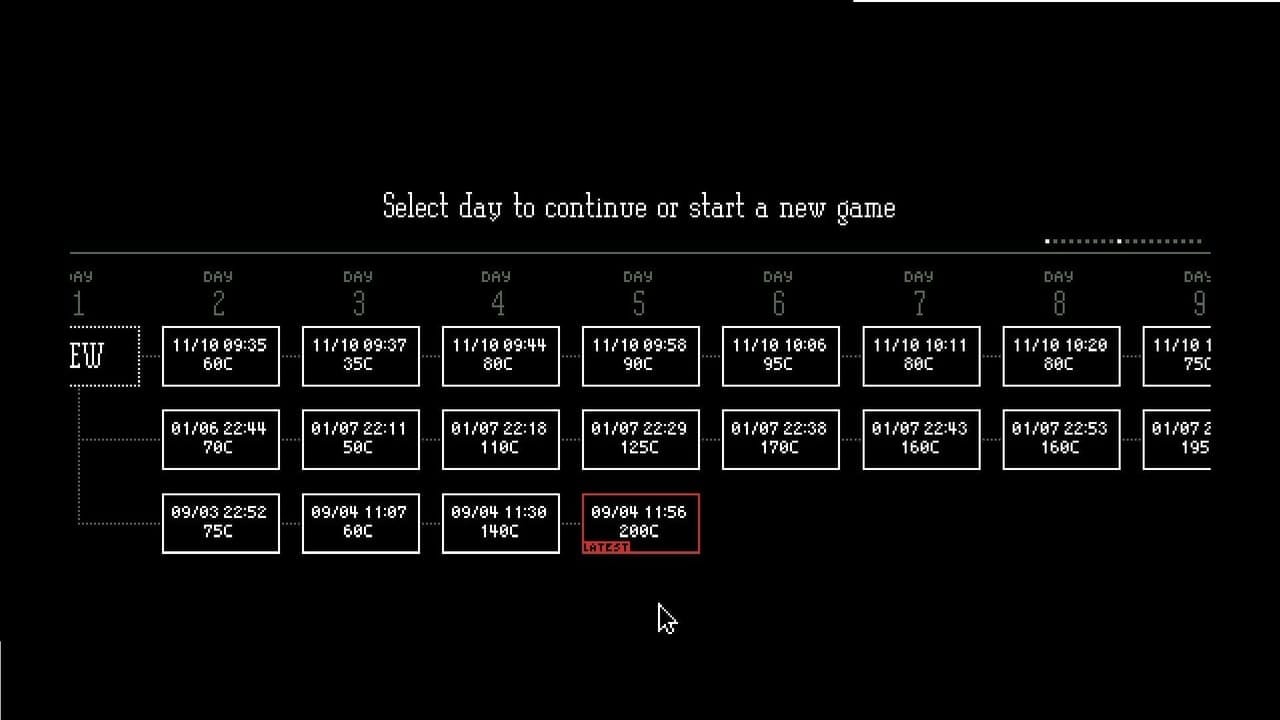
Because you earn five credits per processing, regardless of outcome, there’s no reason to take the extra time to interrogate entrants. The reward for interrogating someone about a missing document is a penalty compared to simply denying them access. As your day is on a timer, any unnecessary interrogation only detracts from your funds. Further, since sob stories generally give their background as soon as they hand over their papers, you can be confident most entrants with missing documents won’t have an excuse.
This kind of meta thinking both elevates and lowers Papers, Please. On the one hand, it adds a layer of strategy to an occasionally mundane bureaucracy simulator. On the other, it’s clear that a faster playstyle leads to the best result, until the day you’re forced to issue reasons for rejection. At the risk of devaluing the roleplay elements, the game needs a way to reward players for additional work.
Unfortunately, attempts to modify the reward system in Papers, Please cannot stand up to the existing payment scheme. You earn five credits for every immigrant processed, regardless of whether they’re granted entry. A guard offers to pay you an extra five credits for every two people detained. This offer is terrible. First, the guard is unreliable, though you wouldn’t know that on your first playthrough. Second, he has a hard cap on the maximum number of credits paid out. Most importantly, anyone can see the guard’s offer has a dreadful opportunity cost. Because you must highlight discrepancies, conduct an interrogation, and wait for the detainment animation to finish, you could process three immigrants (15 credits) in the time it takes to detain one (7.5 credits).
Of course, payment is only one part of the game. Decisions add up, making endings a feat of their own. Papers, Please was released in that awkward time of the endingtron. You know, when choices throughout the game have no impact because the final level has the endings conveniently laid out like cards in a magic trick.
Papers, Please has 20 Endings. Some of these are very similar, but they depend on choices made throughout the game. Did you side with the revolutionaries, even a little bit? Did you break the law to save yourself? Some of these choices seem irrelevant at the time. Others are highly telegraphed as end game material.
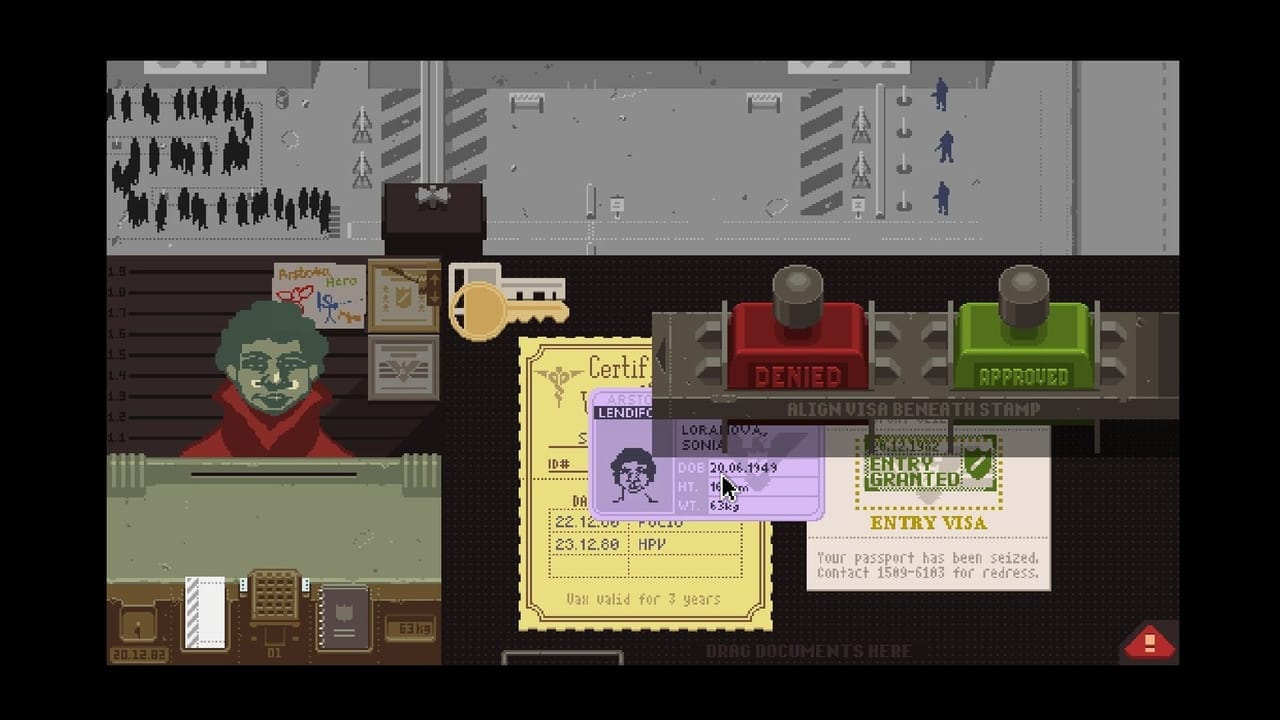
The game’s hidden tallies add a sense of finality to your decisions. If you’re helping the revolutionaries, it gives the impression that you’re the man in the shadows, subtly influencing the world through the simple decision of whether a key person is allowed to enter the country. Thankfully, you can easily go back on your decisions as you can restart from any day (with funds, decisions, everything) to see how things could have been if everything else held the same. That is a fantastic decision for a game with a branching story.
Five years later, how does Papers, Please hold up? Pretty well. The art, the music, and the setting are timeless. Impactful decisions transform the game from discrepancy simulator to roleplaying game. Your choices echo throughout the game, securing Arstotzka’s future, paving the way for a revolution, or even ignoring politics altogether. While the reward system fiercely struggles with the metagame, it’s all good fun. Papers, Please… your access to Steam libraries everywhere has been approved by this inspector.
Glory to Arstotzka
Have a tip, or want to point out something we missed? Leave a Comment or e-mail us at tips@techraptor.net
